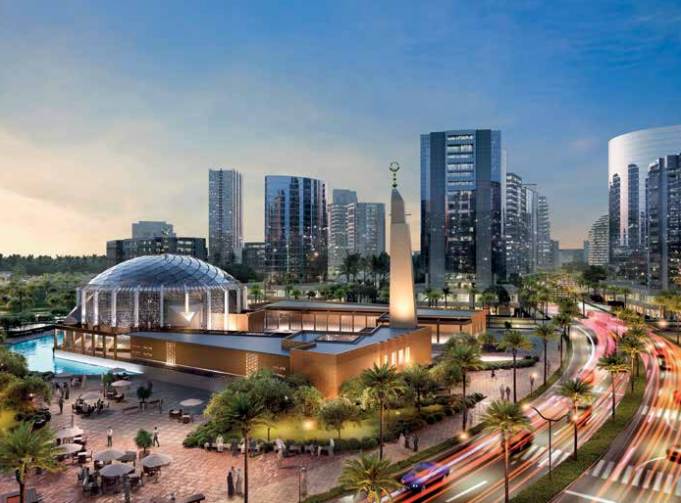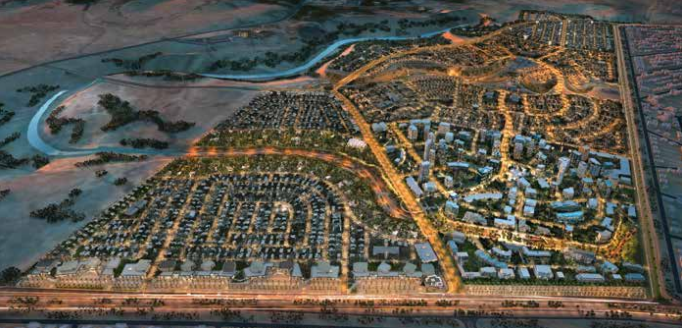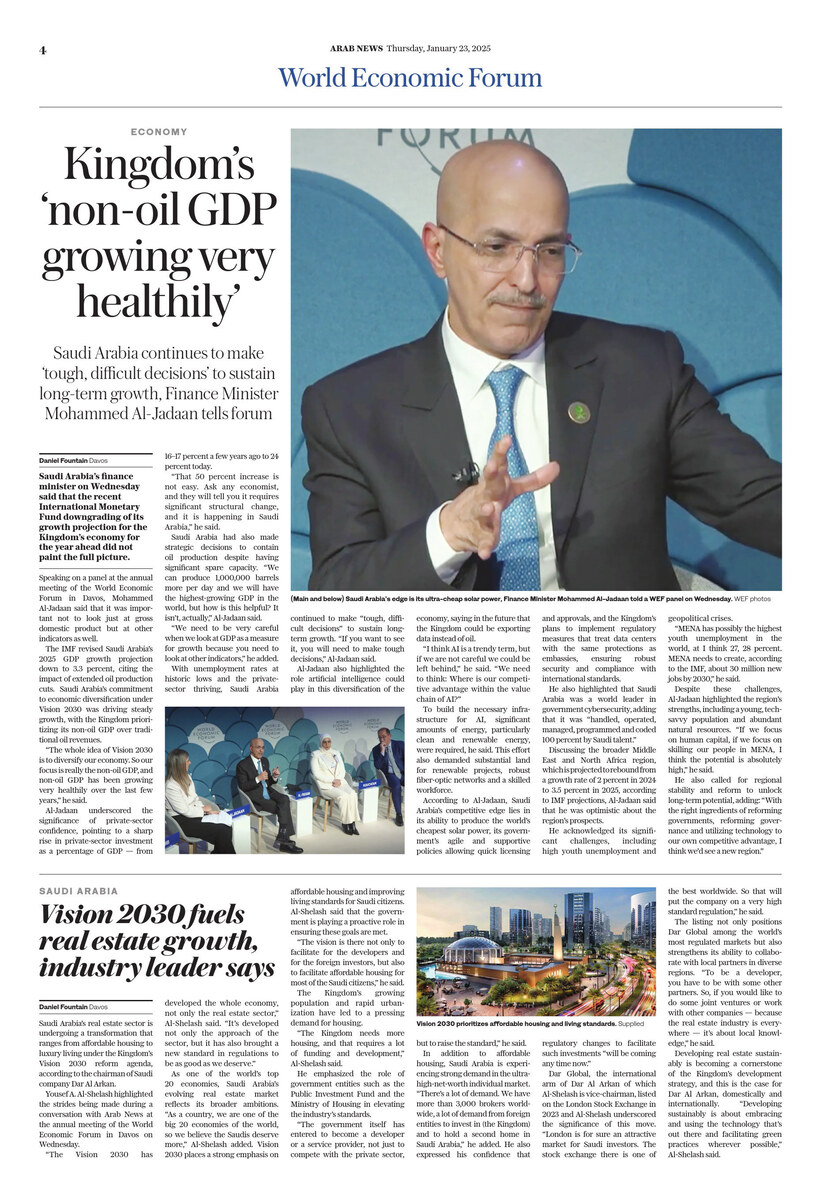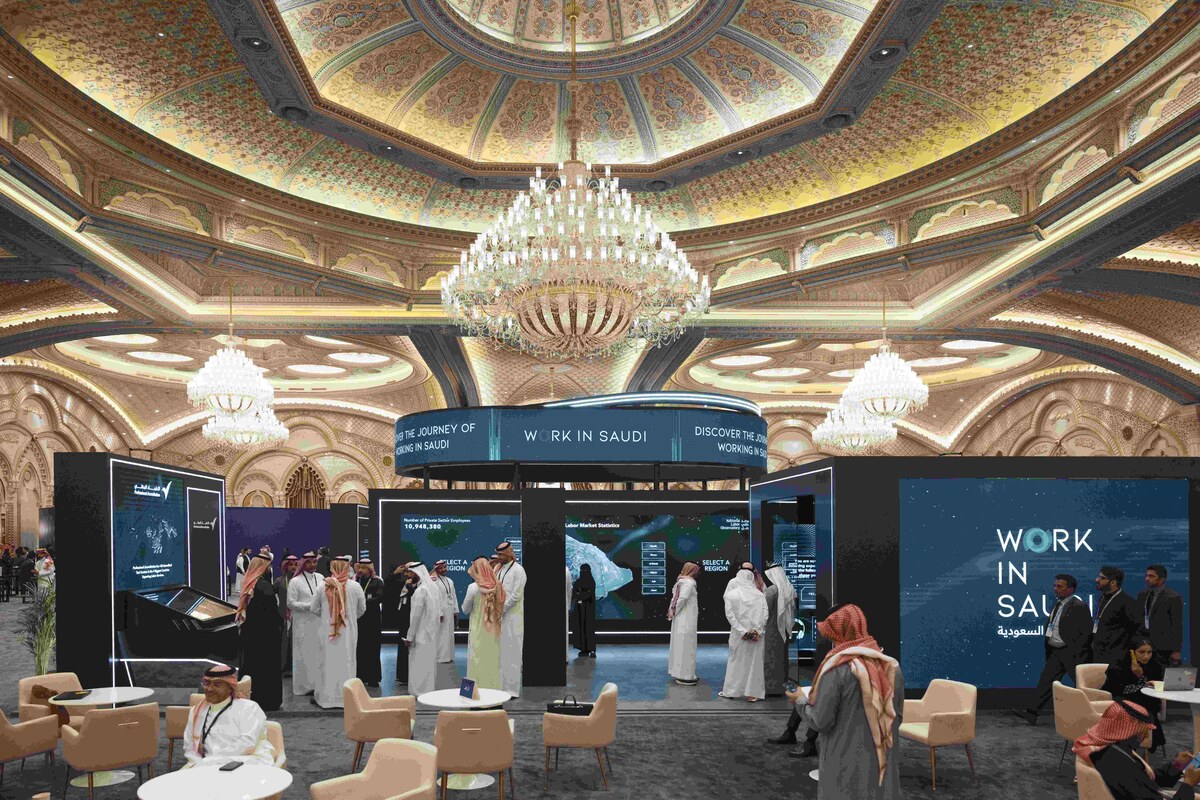DAVOS: Saudi Arabia’s real estate sector is undergoing a transformation that ranges from affordable housing to luxury living under the Kingdom’s Vision 2030 reform agenda, according to the chairman of Saudi company Dar Al Arkan.
Yousef A. Al-Shelash highlighted the strides being made during a conversation with Arab News at the annual meeting of the World Economic Forum in Davos on Wednesday.
“The Vision 2030 has developed the whole economy, not only the real estate sector,” Al-Shelash said. “It’s developed not only the approach of the sector, but it has also brought a new standard in regulations to be as good as we deserve.”
As one of the world’s top 20 economies, Saudi Arabia’s evolving real estate market reflects its broader ambitions. “As a country, we are one of the big 20 economies of the world, so we believe the Saudis deserve more,” Al-Shelash added.

s one of the world’s top 20 economies, Saudi Arabia’s evolving real estate market reflects its broader ambitions. (Supplied)
Vision 2030 places a strong emphasis on affordable housing and improving living standards for Saudi citizens. Al-Shelash said that the government is playing a proactive role in ensuring these goals are met.
“The vision is there not only to facilitate for the developers and for the foreign investors, but also to facilitate affordable housing for most of the Saudi citizens,” he said.
The Kingdom’s growing population and rapid urbanization have led to a pressing demand for housing.
“The Kingdom needs more housing, and that requires a lot of funding and development,” Al-Shelash said.
He emphasized the role of government entities such as the Public Investment Fund and the Ministry of Housing in elevating the industry’s standards.

As one of the world’s top 20 economies, Saudi Arabia’s evolving real estate market reflects its broader ambitions. (Supplied)
“The government itself has entered to become a developer or a service provider, not just to compete with the private sector, but to raise the standard,” he said.
In addition to affordable housing, Saudi Arabia is experiencing strong demand in the ultra-high-net-worth individual market. “There's a lot of demand. We have more than 3,000 brokers worldwide, a lot of demand from foreign entities to invest in (the Kingdom) and to hold a second home in Saudi Arabia,” he added. He also expressed his confidence that regulatory changes to facilitate such investments “will be coming any time now.”
Dar Global, the international arm of Dar Al Arkan of which Al-Shelash is vice-chairman, listed on the London Stock Exchange in 2023 and Al-Shelash underscored the significance of this move. “London is for sure an attractive market for Saudi investors. The stock exchange there is one of the best worldwide. So that will put the company on a very high standard regulation,” he said.
The listing not only positions Dar Global among the world’s most regulated markets but also strengthens its ability to collaborate with local partners in diverse regions. “To be a developer, you have to be with some other partners. So, if you would like to do some joint ventures or work with other companies — because the real estate industry is everywhere — it’s about local knowledge,” he said.
Developing real estate sustainably is becoming a cornerstone of the Kingdom’s development strategy, and this is the case for Dar Al Arkan, domestically and internationally. “Developing sustainably is about embracing and using the technology that’s out there and facilitating green practices wherever possible,” Al-Shelash said.































